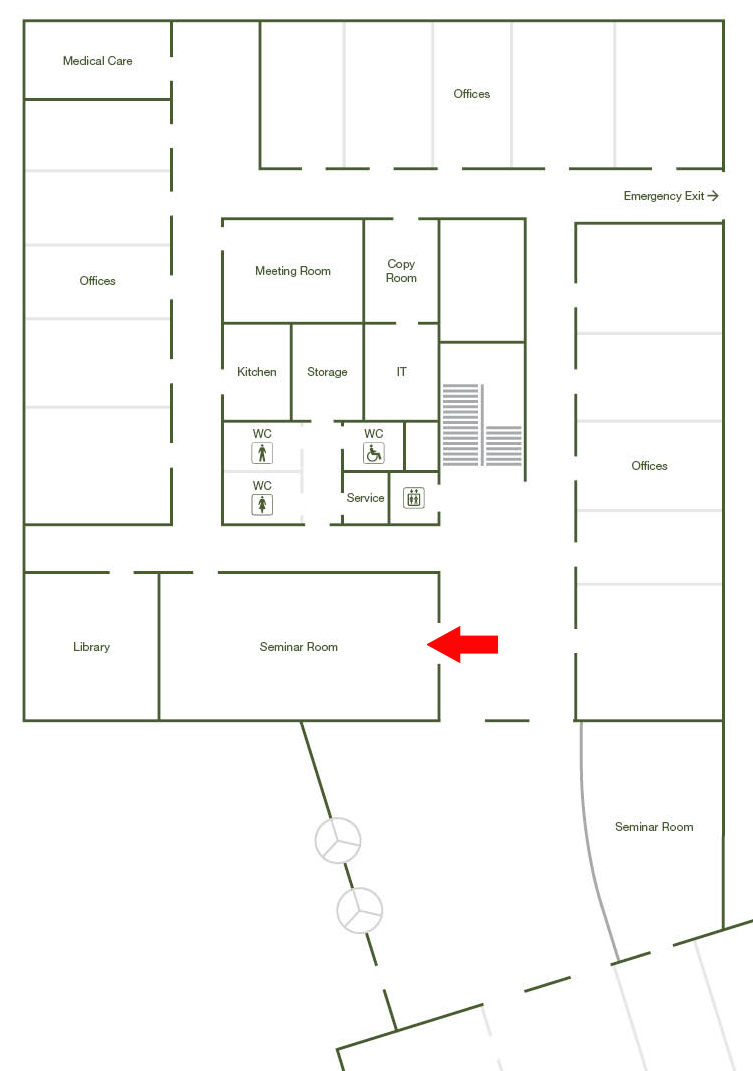A crossbar network for silicon quantum dot qubits
Date
Tuesday, October 24, 2017 11:00 - 12:30
Speaker
Menno Veldhorst (TU Delft)
Location
Big Seminar room Ground floor / Office Bldg West (I21.EG.101)
Series
Seminar/Talk
Tags
Physical Sciences Seminar
Host
Georgios Katsaros
Contact

Practical quantum computation is one of the greatest scientific challenges this century. The spin states of single electrons in gate-defined quantum dots satisfy crucial requirements to become excellent qubits and key building blocks. Great experimental progress towards the goal of a future large-scale quantum computer has been made in the past few years. Demonstrations include qubits with extremely long coherence times, high-fidelity quantum operation, two-qubit logic gates, and small quantum algorithms. In this talk I will review the state-of-the-art. Based on these results we have developed a conceptual architecture, that provides a path to increase the number of qubits to the required thousands or millions of qubits. The architecture is based on shared control and a scalable number of lines. Crucially, the control lines define the qubit grid, such that no local components are required. The design enables qubit coupling beyond nearest neighbors, providing prospects for non-planar quantum error correction protocols. Fabrication is based on a three-layer design to define qubit and tunnel barrier gates. A double stripline on top of the structure can drive high-fidelity single-qubit rotations. Qubit addressability and readout are enabled by self-aligned inhomogeneous magnetic fields induced by direct currents through superconducting gates. Qubit coupling is based on the exchange interaction and parallel two-qubit gates can be performed at the detuning noise insensitive point. While the architecture requires a high level of uniformity in the materials and critical dimensions to enable shared control, it stands out for its simplicity. I will discuss perspectives on the integration of such an architecture, industrial approaches, and experimental research focussing on hot spin qubits to examine the robustness of spin qubits against power dissipation by local electronics. I will end with the prospect that quantum computation can be realized based on a single technology, the same technology that defined our current information age.